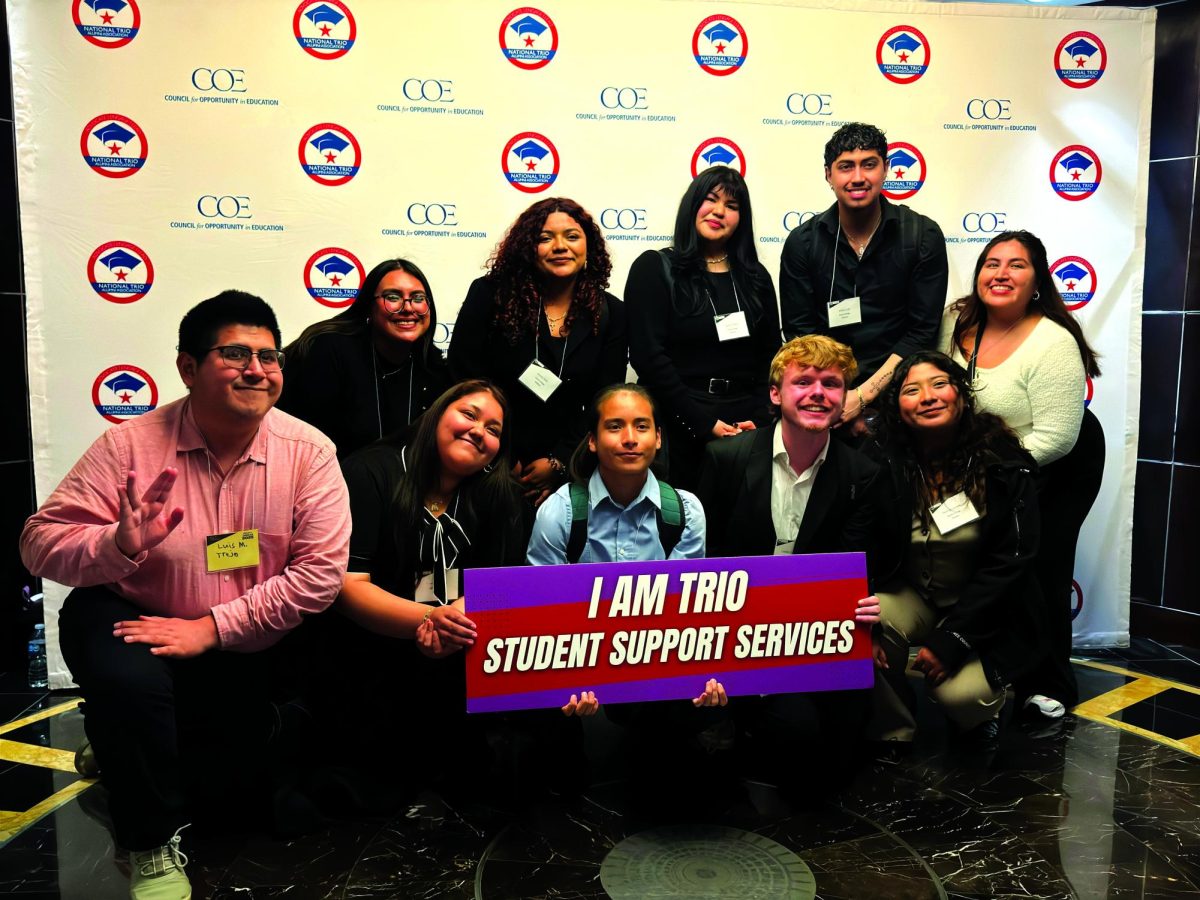Balancing finances is unmistakably another chore to add to your days when you’ve already got school going on. However overwhelming that may sound, you should definitely start building healthy money habits that will help you throughout life.
For some students, finances means swiping their debit card or credit card for the first time, for others it means spending more than what is necessary. Regardless of grade, age or situation — learning to become financially independent is step one into adulthood.
Some will say the first thing you want to do is build credit. But let’s say you apply to see if you are pre-approved for a credit card … and you are not eligible. What is the next step? Try applying for a secured card to help build credit safely. When managing one card, keep in mind that a credit card is a monthly bill. You are given a certain amount of money on your credit card and you are expected to pay back what you have spent. If you fail to pay back what you have borrowed, you will be charged with interest — meaning you will end up paying more than the amount you initially owed. The more you keep up with your credit card payments, the more progress your credit score will have. A way to help you not over spend on your credit card is to spend less than the amount you are given.
We cannot reverse time and people are not getting any younger. Because of that, it is highly recommended to open a retirement account, specifically an IRA (Individual Retirement Account).
A Roth IRA is similar to a savings account but better. Unlike a regular savings account, a Roth IRA is built for long-term investing. The great thing about a Roth IRA is that the money being invested is money that you have already paid in taxes. The money you put in grows over time and, when you take it out in retirement, you do not have to pay taxes on the growth, meaning the Roth IRA is tax-free. If you start investing a low amount of money every month now, the compound growth over decades could turn into hundreds of thousands of dollars.
Some “need-to-knows” that can help grow your financial independence include saving, learning the basics about investing and learning to manage money. Saving can be hard but is very helpful; the more a person saves the more they have for future needs. Some young students may need to put down a deposit for a car or first apartment, or perhaps they want to travel or start a business. Saving can really help a person grow financially if they can learn how to manage money at the same time.
To manage money, always track your expenses and learn the difference between a need and a want. The major difference between a need and a want is that a need is a necessary essential for survival and wants are short-term desires. Choosing to buy fewer wants will allow you to redirect money toward savings, investing and reaching financial freedom. Some examples of needs are: food, clothing, shelter and transportation. Some examples of wants are: eating out, buying luxury items and entertainment. People do not have to cut out all joy when it comes to differentiating needs and wants. As long as basic needs, savings and goals are handled, there is no harm in having wants.
Saving and managing money is not always easy, but the more practice that is put into it, the easier it becomes. When it comes to investing, decide how much to invest and what to invest in. While doing this, determine specific goals, keeping costs low and picking an investment strategy.
For more in-depth information to help grow financially, turn to the internet, your bank or anyone with experience in budgeting, saving and investing.
Money management is not just about surviving your college years, but also about building habits that will pay off throughout life. The goal is not just to get through college — but to come out better prepared for financial success in the future. View Story Comments Like This Story Share on Facebook Share on X Email this Story Print this Story








